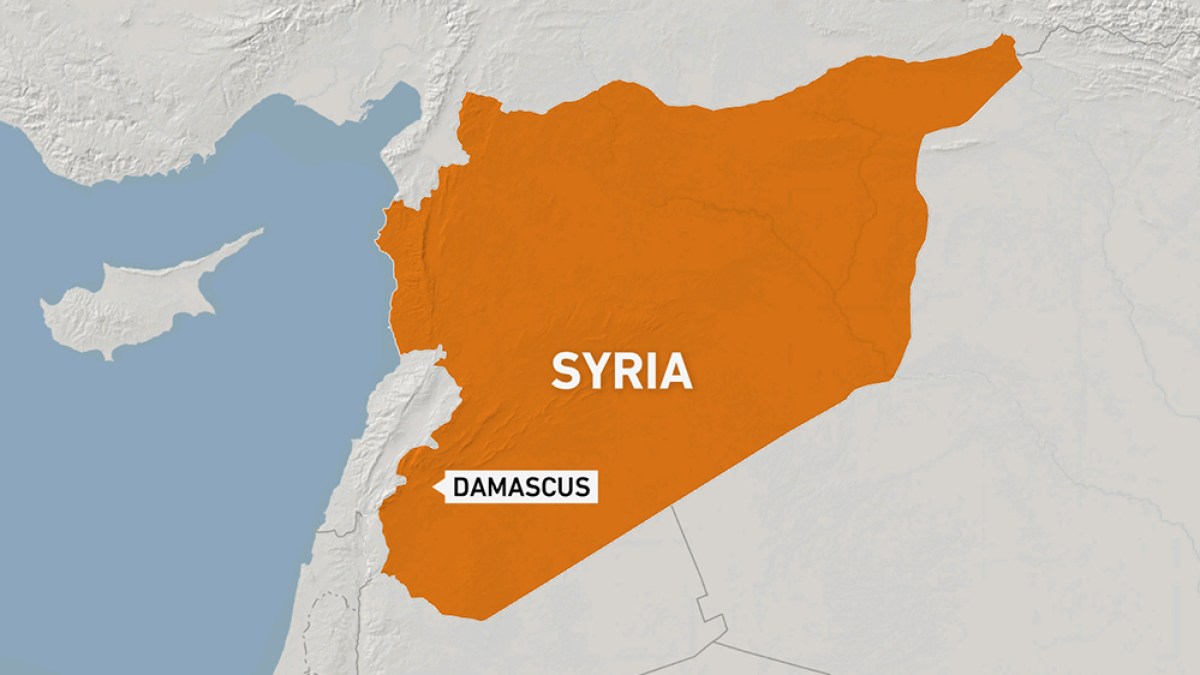Middle East
Syria hit with nationwide power outage amid grid failures | News

Nationwide blackout strikes Syria due to malfunctions, authorities say, amid deepening economic crisis.
Syria has suffered a nationwide power outage due to malfunctions at several points in the national grid, a spokesperson from the Ministry of Energy has said.
The spokesperson said technical teams were addressing the issues that struck on Tuesday night. There has been no initial indication that an attack was the cause.
The director of the General Establishment for Electricity Transmission and Distribution, engineer Khaled Abu Dai, told the state news agency SANA: “The nationwide power outage in Syria is the result of a technical fault in the electrical system. Efforts are under way to repair the problem and restore power as quickly as possible.”
The power returned to the provinces of Homs, Hama and Tartous and will gradually return to the rest of the governorates, SANA quoted the director general later.
Syria suffers from severe power shortages, with state-supplied electricity available for only two or three hours a day in most areas. Damage to the grid means that generating or supplying more power is only part of the problem.
Damascus used to receive the bulk of its oil for power generation from Iran, but supplies have been cut off since Hayat Tahrir al-Sham (HTS) led the ouster of Tehran-allied former Syrian President Bashar al-Assad in December in a lightning offensive.
The interim government under President Ahmed al-Sharaa has pledged to quickly ramp up the power supply, partly by importing electricity from Jordan and using floating power barges.
Damascus also said it will receive two electricity-generating ships from Turkey and Qatar to boost energy supplies.
Millions of Syrians still cannot afford to install solar panels or pay hefty fees for private generator services.
Syria’s new authorities have been struggling to fix battered infrastructure after a 14-year conflict decimated much of the country. They have struggled to convince Western nations to lift economic sanctions to make Syria’s economy viable again.
The country has also suffered a series of devastating Israeli attacks that caused significant damage to basic infrastructure.
Since al-Assad was ousted, Israel has carried out hundreds of air strikes and deployed troops to a United Nations-patrolled buffer zone on the occupied Golan Heights.
While al-Assad was in power, Israel also routinely attacked Syria, bombing what it claimed were Iranian and Hezbollah targets.
